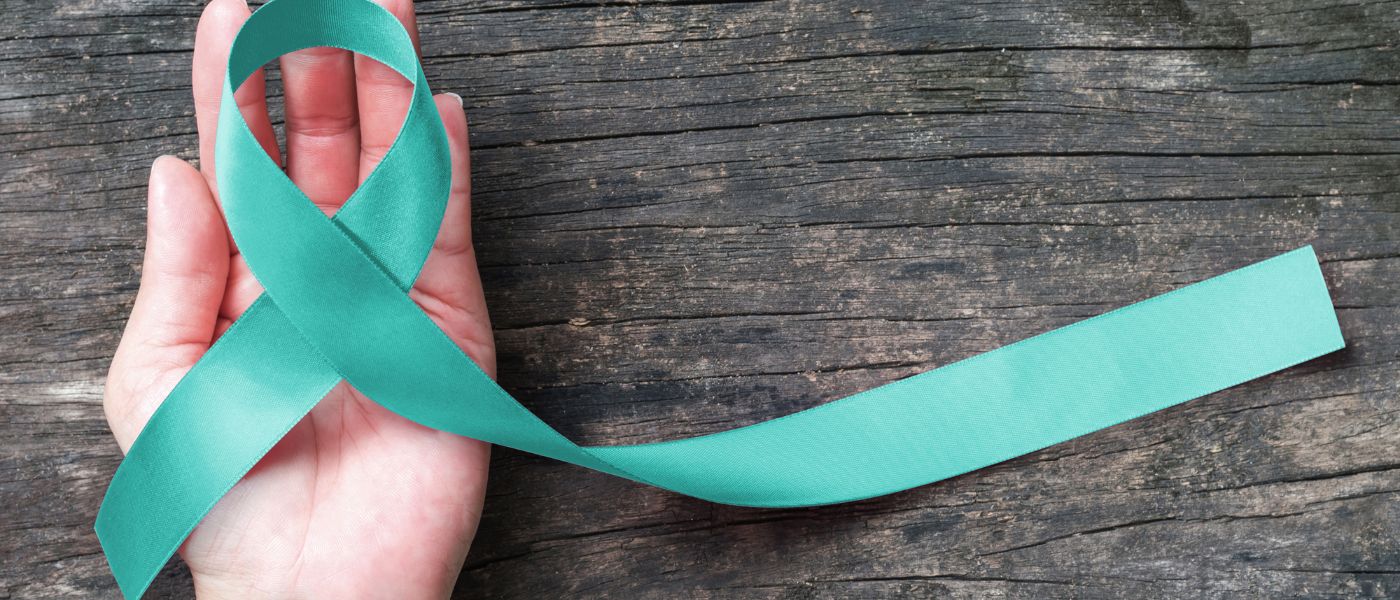April 2024 marks the 23rd anniversary of Sexual Assault Awareness Month—a movement that calls attention to the fact that sexual violence is widespread and impacts every person in the community. This year’s theme, “Building Connected Communities,” underscores that goal, and aims to show how our communities can help reduce the likelihood of sexual abuse, assault and harassment.
“Our primary goal in April—and year-round—is bringing awareness to what sexual assault looks like on a college campus and making sure that if something happens, everybody in our community knows their role,” said Marina Giannirakis, director of violence prevention and response with the Flora Stone Mather Center for Women. “It’s important for everyone to know the resources that are available so when somebody is going through trauma, there’s a little less uncertainty as they seek help and support.”
In recognition of Sexual Assault Awareness Month—and in an effort to build a connected CWRU community of support—we’re sharing some of the resources, processes and educational opportunities available to students, faculty, staff and postdocs.
Flora Stone Mather Center for Women
The Mather Center provides both violence prevention and response resources for the CWRU community, with a focus on fostering a culture of respect, consent and accountability through collaborative efforts.
Confidential advocates
A confidential advocate with the Mather Center offers short-term crisis intervention, support and resources to undergraduate, graduate and professional students who have encountered domestic and dating violence, sexual assault, stalking or sexual/gender-based harassment. If you’re looking to speak with someone who won’t share your information, the advocate is a confidential resource and all services and sessions are free.
A part-time advocate also is available at the Mather Center to provide the same services to faculty and staff at the university.
Both advocates can be reached by phone at 216.368.2536 or by email at cwruadvocate@case.edu. In person, Zoom and telephone appointments are available.
Violence prevention workshops
In addition to the confidential advocates, It’s On CWRU—the university’s violence prevention initiative—offers a range of workshops tailored to students, staff, faculty and the broader CWRU community. From bystander intervention, to understanding consent and fostering healthy relationships, these workshops cover essential aspects of preventing sexual violence and promoting a culture of respect and safety.
Learn more about It’s On CWRU and their prevention resources on the Mather Center website.
Office of Equity
The Office of Equity supports anyone on campus who may have been impacted by sexual violence, providing resources, referrals and more. From conducting investigations to providing guidance, the office’s services are tailored to each individual and their specific situation.
Some unique resources available to those who choose to engage with the Office of Equity are outlined below.
Trained advisors
Each individual interacting with the Office of Equity is entitled to an advisor who can provide advice, support and guidance during an investigation or hearing. Everyone has the freedom to choose their advisor regardless of their affiliation with the university, but the Office of Equity offers training to volunteer advisors who are ready to assist those seeking support.
To get an advisor who is trained by the Office for Equity, reach out to the office or consult the list on their website and contact a trained advisor directly.
Supportive measures
Support from the Office of Equity takes many forms and depends on the specific situation, but all supportive measures are designed to ensure those impacted by sexual violence or harrassment maintain their academic, social and professional well-being.
Some examples of support provided by the Office for Equity:
- No Contact Directives
- Changes in living arrangements
- Preventing a person from being in certain locations
- Excused absences from school or work
- Referral to counseling, medical or other healthcare services
Division of Public Safety
Survivors of sexual assault and other crimes are encouraged to visit the Division of Public Safety when they need help or advice. CWRU Police provide education and assistance to victims of sexual assault through safety presentations, strategic partnerships on- and off-campus, and continuing education to stay current on trauma-informed policing, victim advocacy, laws and other matters involving campus law enforcement.
Partnerships
The Division of Public Safety works closely with campus and community partners to assure the best course of actions for survivors, including the Cleveland Rape Crisis Center, Cleveland Heights Police Department, Cleveland Division of Police Sex Crimes Unit, the University Hospitals Sexual Assault Nurse Examiners (SANE), the Office of Equity and victim advocates from the Mather Center.
In addition to the partnerships mentioned above, Division of Public Safety staff are also members of the Cuyahoga County Sexual Assault Response Team (SART) and take an active role with It’s On CWRU’s Community Coordinated Response Team.
Outreach, Assessment, Resources and Response Team
Last year, the university announced the formation of the Outreach, Assessment, Resources and Response (OARR) Team—this team includes an officer that is trained in crisis response as well as a licensed clinician who will respond to various calls, with a focus on mental health-related encounters, welfare checks and survivors of sexual assault and domestic violence.
Find more support
To view a complete list of confidential and non-confidential campus and community resources that are available to students, staff, faculty and postdocs, visit the Office of Equity website.

